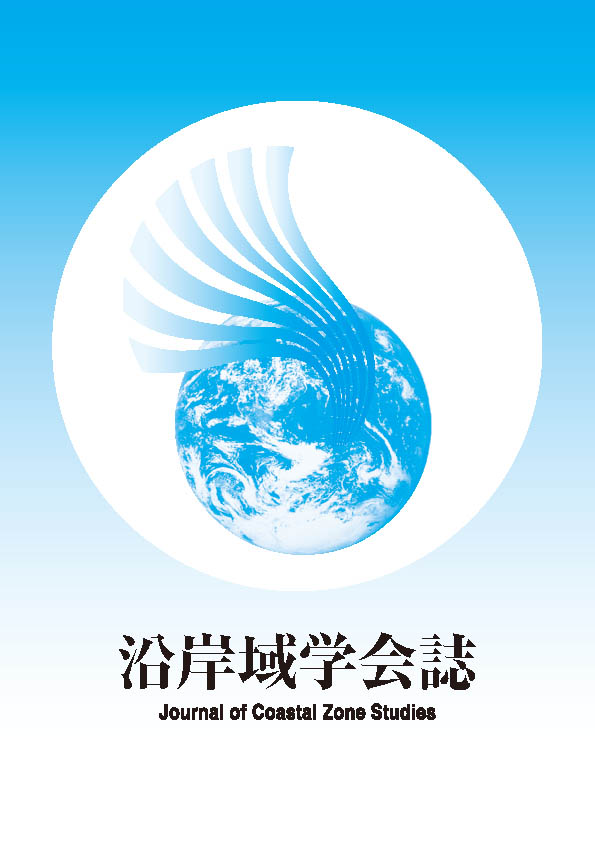
- Issue 4 Pages 35-
- Issue 2 Pages 73-
- Issue 1 Pages 23-
- |<
- <
- 1
- >
- >|
-
Yoshihisa SUGIMURA, Takashi ANO, Yugo MITO, Tomonari OKADA2023Volume 36Issue 1 Pages 23-31
Published: June 30, 2023
Released on J-STAGE: July 29, 2023
JOURNAL FREE ACCESSSince the report by UNEP, the blue carbon (BC) has been attracting attention, and three credit systems have already been in operation in Japan: Yokohama City, Fukuoka City, and the Japan Blue Economy Technology Research Association. While there are few precedents, previous studies have not clarified the options for utilizing the system and the corresponding procedures and budgets required when considering the use of blue carbon credits at the municipal level, which may lead to hesitation in utilizing BC credits, and ultimately stall efforts toward decarbonization. In this paper, we examine the sustainability of seaweed bed conservation activities using credits in the case of Fukuoka City by calculating the break-even price of the credits based on the necessary surveys and costs, and by organizing the relationships among stakeholders. As a result, the break-even price was much higher than the credit price, indicating that the sustainability of seaweed bed conservation activities depends on the financial burden of Fukuoka City. When other municipalities aim to utilize credits, lower transaction costs, financial burdens, and trading credits at higher prices will lead to sustainability, but in all cases, municipalities need to play a certain role.
View full abstractDownload PDF (2389K)
- |<
- <
- 1
- >
- >|